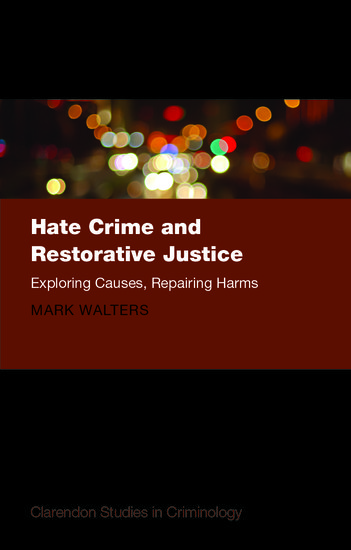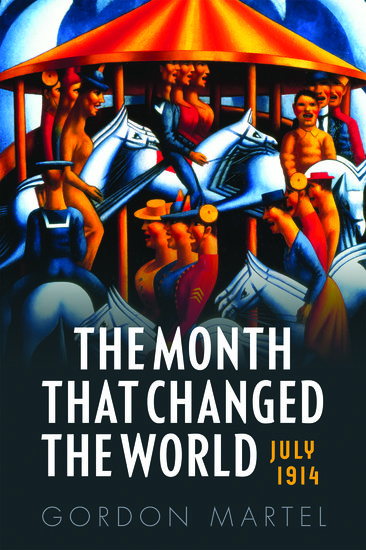Monthly etymology gleanings for June 2014, part 2
By Anatoly Liberman
The terrible word slough
Some time ago, in my discussion of English spelling, I touched on the group ough, this enfant terrible of our orthography; slough figured prominently in it.









